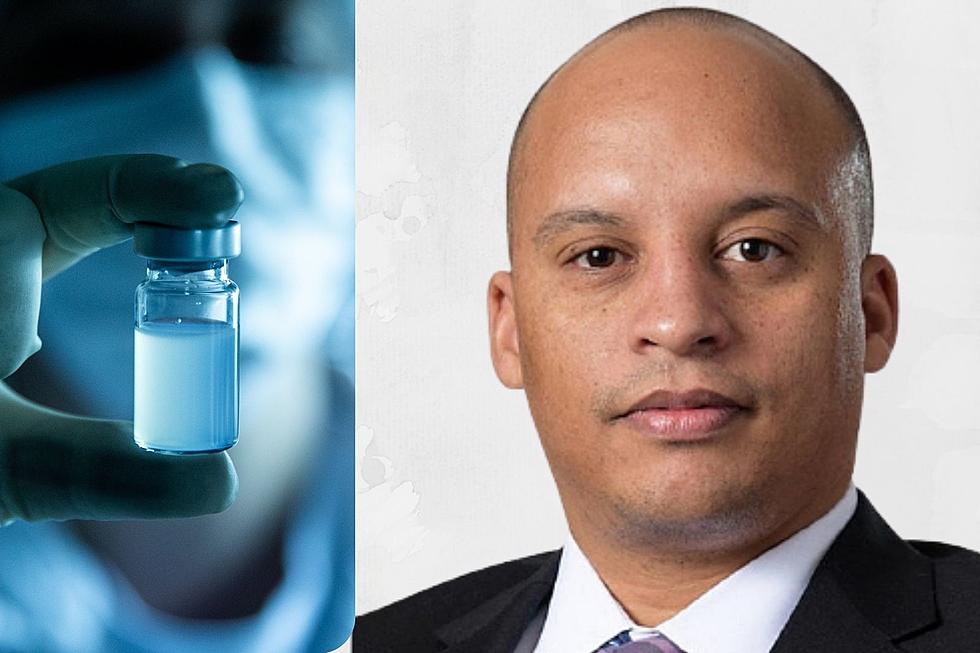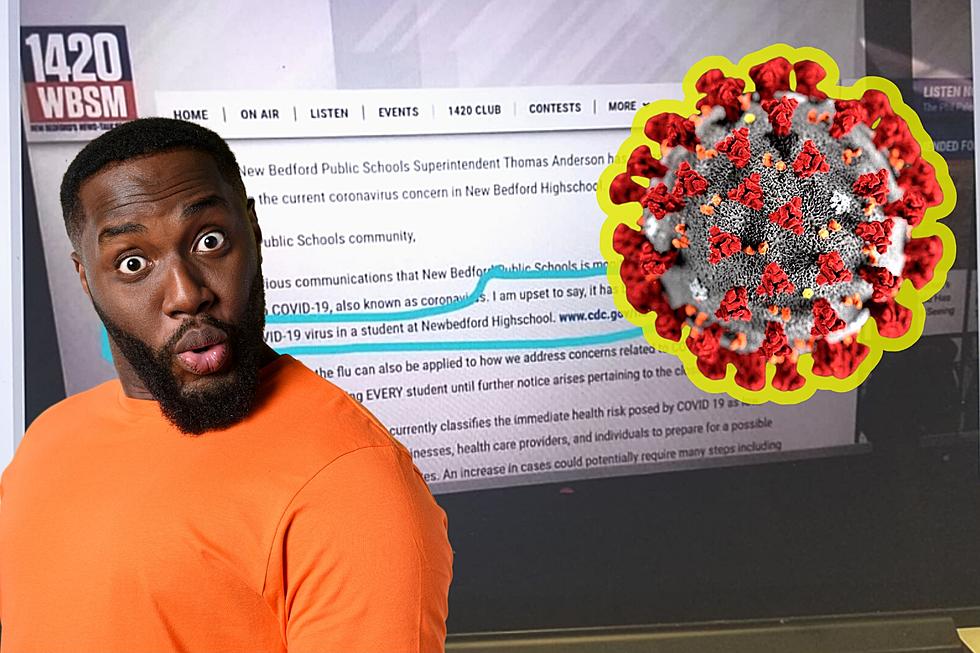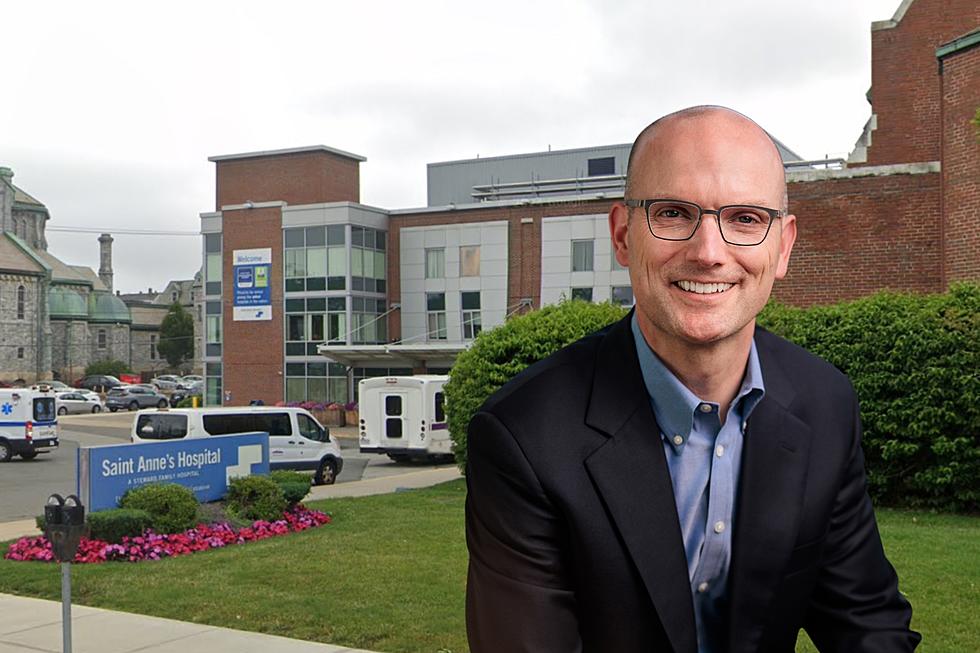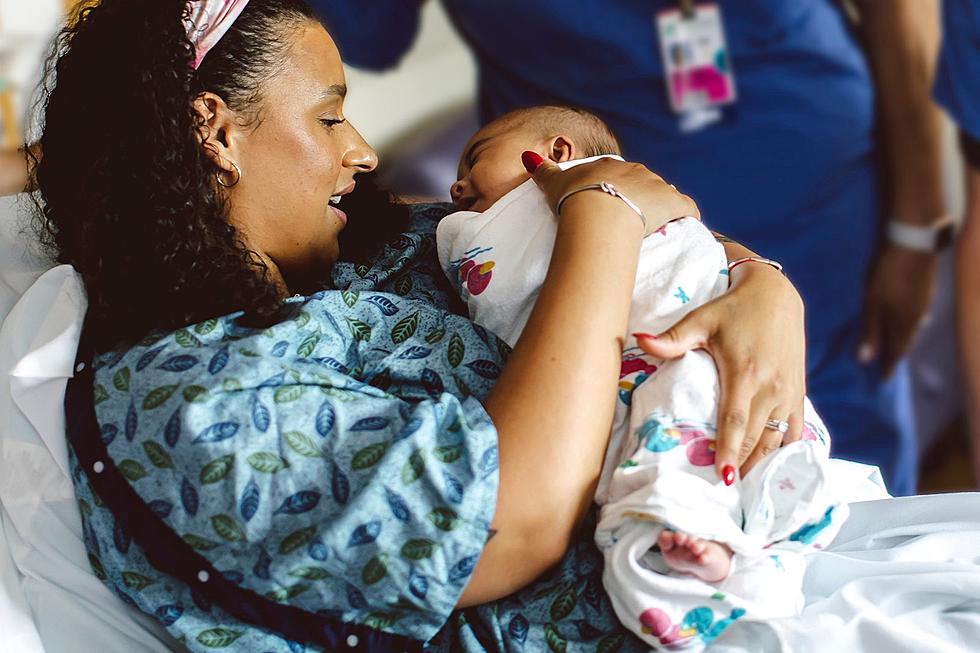
Southcoast Health COVID Doctor Talks Virus, Variants and Vaccines
In 2020, as we were all in the heat of the pandemic, we spoke with Southcoast Health infectious disease specialist Dr. Eliesel Lacerda De La Cruz at least once a week, if not more. We were all learning about COVID-19 together. We learned about the virus, potential treatments, vaccines, and best practices for public health.
Listen to Dr. Lacerda De La Cruz's Full Interview Here:
As things got closer to normal, most of our audience had a pretty good handle on what needed to be done in order to give ourselves and our families the best chance to stay healthy.
Since the Omicron variant has started to spread, however, it feels that the game has changed again, just a bit. Anecdotally for us, it almost feels as if COVID has never been more widespread in our personal circles. If we felt like that, we're sure some of you also felt like that.

That's why we invited Dr. Lacerda De La Cruz to return to the morning show to answer as many questions from our audience as possible. You provided us with some terrific questions to ask the doctor.
Here Are The COVID Questions You Submitted:
- If Omicron is less severe than Delta or the original COVID, why are we so worried about it?
- If fully vaccinated people can still spread the virus, why would anyone be worried about other people getting vaccinated? Wouldn't it be similar to buckling your seatbelt? It protects YOU, but not necessarily others.
- Are there any negative impacts to getting COVID tested too frequently?
- If you have recently contracted the Delta variant of COVID would your immunity extend to Omicron or other variants?
- What is Flurona?
- Could Omicron be the beginning of the end of the pandemic?
- Is it likely that new COVID variants will continue to get weaker?
The doctor stayed on the radio with us for two full segments. You can listen to his full interview above to get the in depth answers to all of these questions and more.
Answers to 25 common COVID-19 vaccine questions
More From WFHN-FM/FUN 107





![New Bedford Community Health Center CEO Gives COVID Update [TOWNSQUARE SUNDAY]](http://townsquare.media/site/518/files/2020/03/outbreak-coronavirus-world-1024x506px.jpg?w=980&q=75)

![How New Bedford Should Handle the Rise in COVID Cases [TOWNSQUARE SUNDAY]](http://townsquare.media/site/518/files/2020/06/GettyImages-1215276619.jpg?w=980&q=75)

